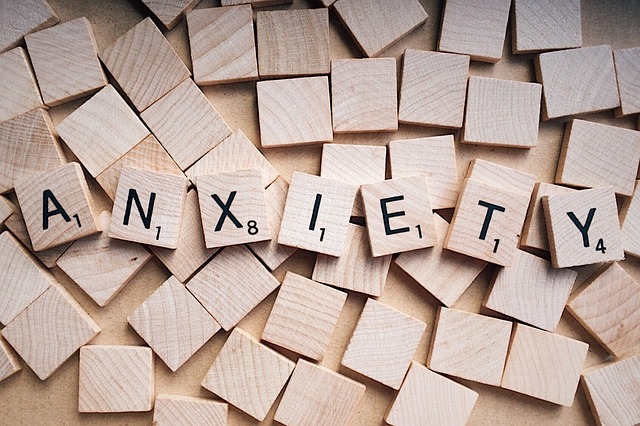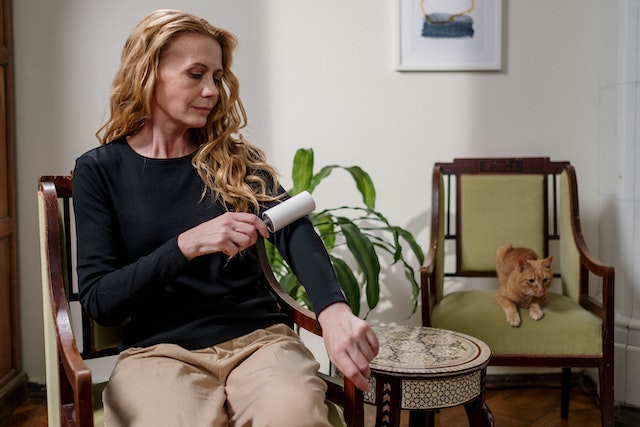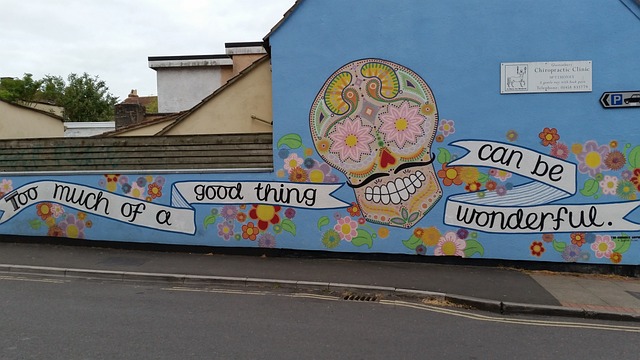Anxiety is a mental health condition that affects millions of people around the world. It can cause feelings of worry, fear, and unease, and can interfere with daily activities. While traditional treatments for anxiety often involve medication and therapy, there are also natural and alternative treatment options available. In this article, we will explore some of these options, along with important cautionary notes.
- Exercise
Exercise is a natural mood booster that can help reduce feelings of anxiety. It can also help to lower stress levels, improve sleep quality, and increase overall wellbeing. Some examples of exercise that can be beneficial for anxiety include:
- Walking
- Running
- Yoga
- Pilates
- Swimming
- Dancing
- Mindfulness
Mindfulness is the practice of being present in the moment and non-judgmentally observing one’s thoughts and feelings. It can be a helpful tool for managing anxiety, as it can help to reduce negative thought patterns and increase feelings of calm. Some ways to practice mindfulness include:
- Meditation
- Deep breathing exercises
- Yoga
- Mindful eating
- Body scan exercises
- Herbal remedies
There are several herbal remedies that have been shown to have a calming effect and may be helpful for anxiety. However, it’s important to note that these remedies should be used with caution and under the guidance of a healthcare professional, as they can interact with other medications and have side effects. Some examples of herbal remedies for anxiety include:
- Chamomile tea
- Valerian root
- Lavender essential oil
- Passionflower
- Kava
- Dietary changes
Certain dietary changes may be helpful for managing anxiety. For example, reducing caffeine intake can help to reduce feelings of jitteriness and restlessness. Eating a balanced diet with plenty of fruits, vegetables, and whole grains can also help to support overall health and wellbeing, which can have a positive effect on mental health.
- Therapy
Therapy can be a highly effective treatment option for anxiety, and there are several different types of therapy that may be helpful. Some examples include:
- Cognitive-behavioral therapy (CBT): CBT is a type of therapy that focuses on identifying and changing negative thought patterns and behaviors. It has been shown to be highly effective for treating anxiety.
- Exposure therapy: Exposure therapy involves gradually exposing the individual to the situations or objects that trigger their anxiety, in a safe and controlled environment. Over time, this can help to reduce the individual’s anxiety response.
- Psychodynamic therapy: Psychodynamic therapy focuses on exploring the individual’s unconscious thoughts and emotions, and how these may be contributing to their anxiety.
- Cognitive-behavioral therapy (CBT)
CBT is a highly effective type of therapy for anxiety, and involves working with a therapist to identify and change negative thought patterns and behaviors. Some techniques used in CBT for anxiety may include:
- Identifying and challenging negative thoughts
- Learning relaxation techniques
- Gradual exposure to anxiety-provoking situations
- Identifying and changing patterns of avoidance
- Mind-body practices
Mind-body practices such as meditation, tai chi, and qigong can be helpful for managing anxiety. These practices can help to reduce stress levels, increase feelings of relaxation and wellbeing, and improve overall mental health. Some examples of mind-body practices for anxiety include:
- Mindfulness meditation
- Progressive muscle relaxation
- Yoga
- Tai chi
- Qigong
- Lifestyle changes
Making certain lifestyle changes can also be helpful for managing anxiety. Some examples of lifestyle changes that may be helpful include:
- Getting enough sleep
- Eating a balanced diet
- Limiting caffeine and alcohol intake
- Engaging in regular exercise
- Practicing stress-management techniques such as meditation or deep breathing exercises
While natural and alternative non-medication-based treatment options can be helpful for managing anxiety, it’s important to approach them with caution. Some remedies can interact with other medications, and some may have side effects. It’s important to talk to a healthcare professional before starting any new treatment, and to make sure that any remedies are safe for you to use.
There are several natural and alternative treatment options that may be helpful for managing anxiety, including exercise, mindfulness, herbal remedies, dietary changes, therapy, mind-body practices, and lifestyle changes. These options can be highly effective for reducing anxiety symptoms and improving overall mental health and wellbeing. If you are struggling with anxiety, it’s important to talk to a healthcare professional about the best treatment options for you.
Mental Health
-

Did you Know Sauna Helps with Stress Relief
Sauna bathing has been cherished for centuries as a method to unwind, relax, and rejuvenate the mind and body. Beyond its physical benefits, emerging research suggests that sauna therapy can have profound psychological advantages, promoting stress relief and enhancing mental well-being. In this article, we will delve into the psychological benefits of sauna sessions, exploring…
Image by WOKANDAPIX from Pixabay









Leave a Reply